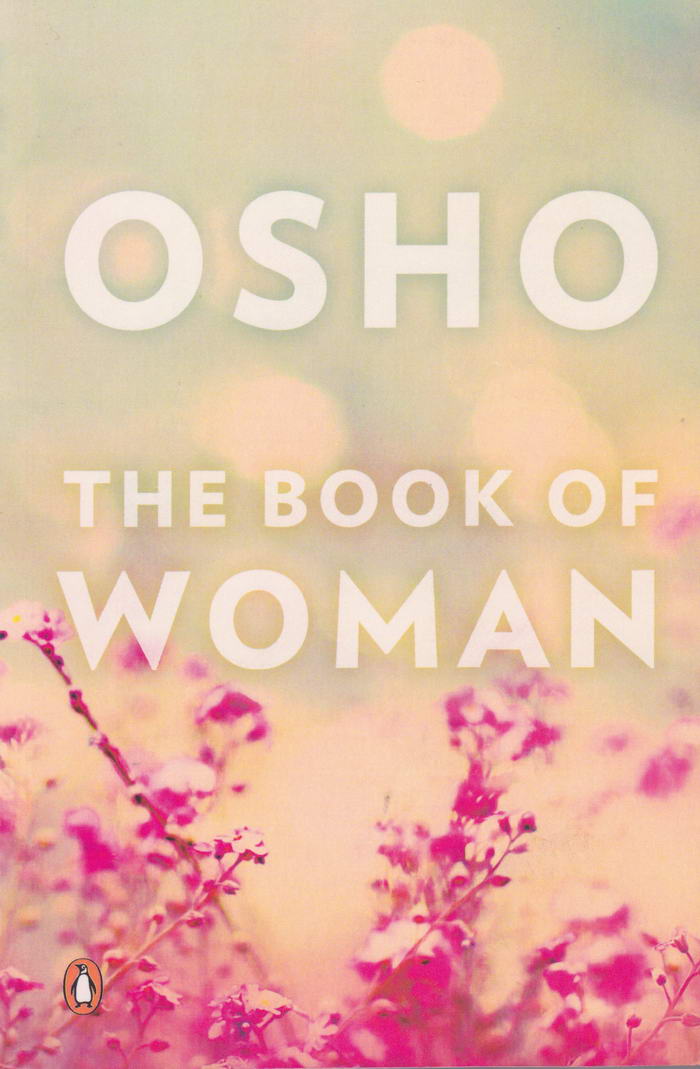Attention, aspiring wordsmiths! If you’re looking to sharpen your writing skills, you’ve come to the right place. In this article, we’ve compiled a list of 10 incredibly useful tips that will help you master the art of writing, whether it’s for essays, articles, or any other form of written expression. We’ll cover everything from developing engaging content to fine-tuning your style – all the essential ingredients to elevate your writing game. So, grab your favorite pen or keyboard, and let’s dive into these powerful tips designed to unleash your inner wordsmith.
10 – Choose a Topical Issue for Discussion
The choice of topic is crucially important. People should know that you really have to say something important to them. Browse the internet to find the most important issues, make a list and choose the topic you’re interested in. It’s important to choose something that interests you as in this case you’re motivated to discuss the topic in depth. Read minimum 10-15 sources of information before starting to write. Create 3-5 topics and then choose one of them.
09 – Use Simple Writing Style
Sometimes students prefer using complex words, phrases, and expressions to attract readers. However, this is not the right strategy because readers tend to choose simple texts for reading rather than meditate over complex expressions. For example, you can use the word “help” instead of “facilitate” or “use” instead of “utilize”. Leave complex words for professors and talk to people in a simple language they can easily understand without spending a lot of time on reading.
08 – Make Short Sentences and Paragraphs
Short sentences and paragraphs are easy to read, process and comprehend. According to PapersOwl Canada, complexity creates confusion, but making your readers confused isn’t your initial goal. Keep up to the same principles when making paragraphs: try to read an article in a newspaper and you will understand that it’s easier to process information when reading short paragraphs. If you’re writing an article or a blog post, you can use a more informal style, but making short sentences and paragraphs in an academic article isn’t that easy. Therefore, keep in mind the audience for whom you’re writing your essay.
07 – Be Concise yet Specific
As a writer, try to be concise, but specific. We all value our time. Therefore, don’t waste either your time or the time of your readers and express your thoughts in a clear and concise manner. We ensure you that in this way you can attract many dedicated readers. However, don’t miss any essential details. Don’t just tell that you grow a great number of fruits in your garden. It would be better if you specify the names of the fruits, like plums, apples, and pears.
06 – Avoid Passive Voice
It’s easier to read the sentences where the verbs are used in active voice because passive voice complicates reading to a great extent. The best sentence structure is as follows: subject, verb, and object. The English-speaking audience got used to this sentence structure. Sometimes using active voice isn’t possible, but you should try to minimize it.

05 – Stick to the Point
Sometimes writers are carried away with their thought and ideas. In this case, they tend to use too many details and be very specific. Maybe this is not what readers need. Try to give readers as many details as they actually need. Don’t get into excessive details to avoid confusion. Also, writers use a lot of transition words to increase the number of words. You need to reach a balance between being concise and giving excessive details. Read similar articles on the internet to understand whether you nailed or no.
04 – Avoid Redundant Phrases
Discussing the same thought or idea several times in a text isn’t a good idea. Re-read your text for redundant phrases, remove or paraphrase them. If you find the thoughts that are repeated, exclude them in the final draft. If your readers will come across the same phrases again and again, they will become bored quickly.
03 – Focus on the Initial Message
It’s essential to focus on your readers and what knowledge they actually need to derive from your article. Forget about yourself and your ambitions. You just need to disclose your topic to the readers. This is a matter of primary importance for any writer.
02 – Avoid Empty Words
Avoid the words that don’t add meaning to the text. For example, eliminate the words “rather”, “very” or “little” not to distract your readers from the initial topic of discussion. Consult an editor to advise you regarding the use of these words.
01 – Edit, Rewrite and Proofread
This is one of the best writing tips: to read your paper aloud, edit and proofread it. However, few writers assign importance to this stage of writing. Pay attention to rewriting, editing and proofreading. Allocate enough time for these final activities as polishing your essay isn’t less important than its completion. It’s better to edit and proofread your text in the next few days after finishing it when you have the fresh mind. Improve your style, remove typos and check grammar. You can use online grammar checkers, but don’t rely too much on them.
And there you have it – our top 10 writing tips to help you unlock your full potential as a wordsmith. By incorporating these valuable insights into your writing practice, you’ll soon see noticeable improvements in the quality of your essays, articles, or any other written work. Remember, the key to becoming a skilled writer is to never stop learning and to always be open to feedback and growth. So, keep honing your craft, and don’t be afraid to take risks and explore new approaches. Your writing journey has just begun, and the possibilities are truly endless.































































